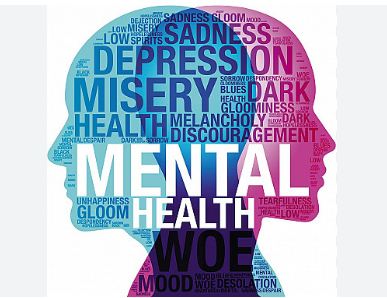ISLAMABAD, Oct 10 (APP/DNA): On World Mental Health Day, Psychiatrist Friday underscored the critical need to make mental health care accessible during disasters and to eliminate stigma, pointing out that over 30 million Pakistanis need support.
Renowned psychiatrist Dr. Syeda Dure Shahwar Hamza, while speaking to a local news channel emphasized the urgent need to break the taboo surrounding mental health particularly among the youth.
She also pointed out that nearly 1 billion people worldwide suffer from mental health conditions, with both women and men equally affected.
However, she emphasized that men often hide their struggles due to social stigma, which can lead to worsening conditions and in some cases, push individuals toward suicide.
She highlighted that despite growing awareness, many young people still struggle in silence due to societal stigma, lack of access to care, and inadequate support systems, especially during times of crisis.
This year’s theme, “Access to mental health services in catastrophes and emergencies,” serves as a reminder that mental well-being must be prioritized alongside physical health during disasters, she added.
Dr. Shahwar Hamza called for coordinated awareness campaigns, school-based mental health programs and community-level interventions to ensure that mental health support is both available and accessible to young people.
She stressed that without urgent action, the ongoing neglect of youth mental health could have long-term consequences on their future and society at large.
“If we want to safeguard the next generation, we must normalize seeking help and create safe, stigma-free spaces for open conversations,” she added.
She further said that October 10 is globally recognized as World Mental Health Day by the World Federation for Mental Health and the World Health Organization (WHO) to raise awareness of mental health issues around the world and to mobilize efforts to support those affected worldwide.
The expert concluded by emphasizing the importance of continued global commitment to mental health care, reducing stigma, and ensuring access to support for everyone affected.

















